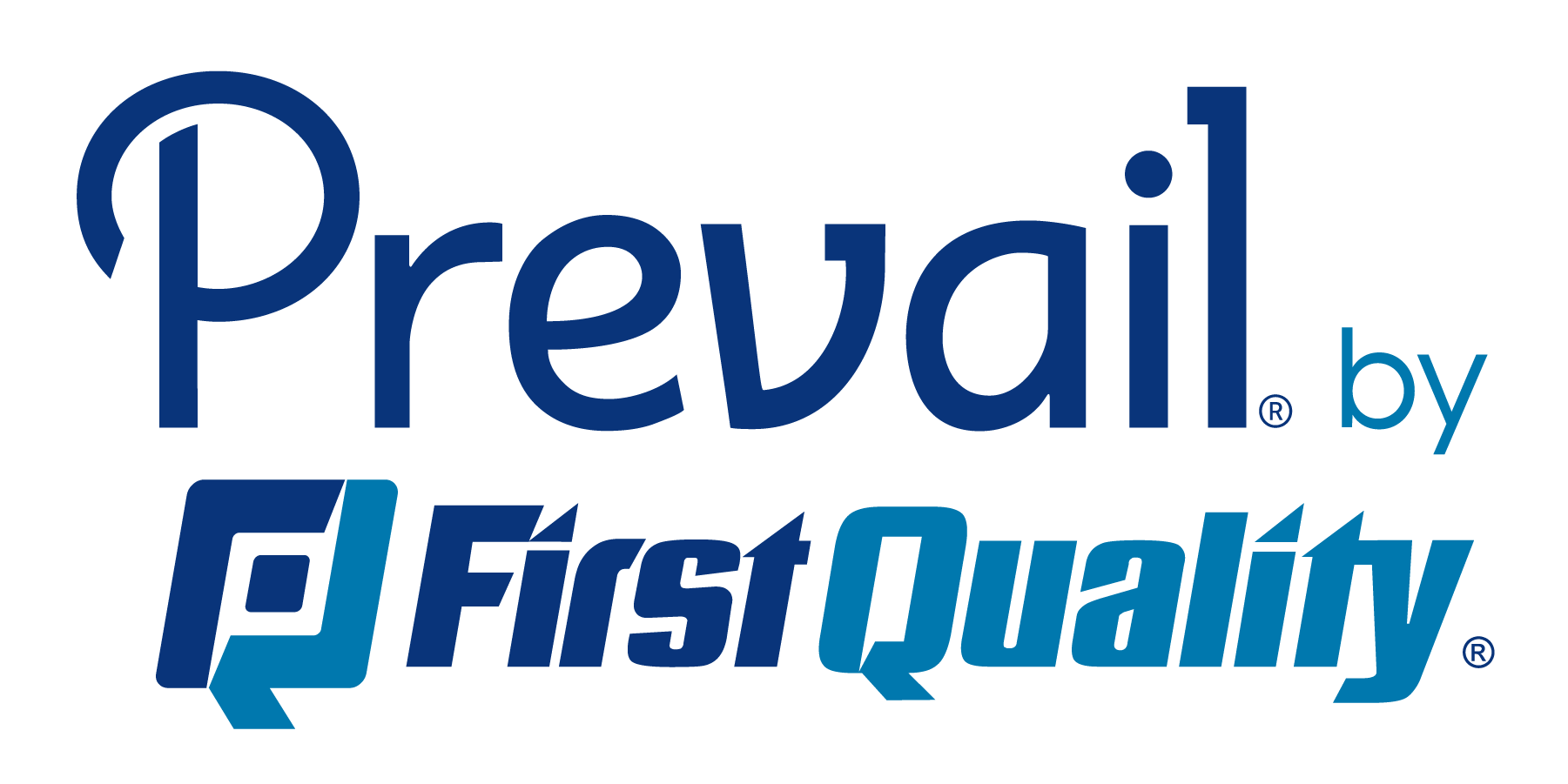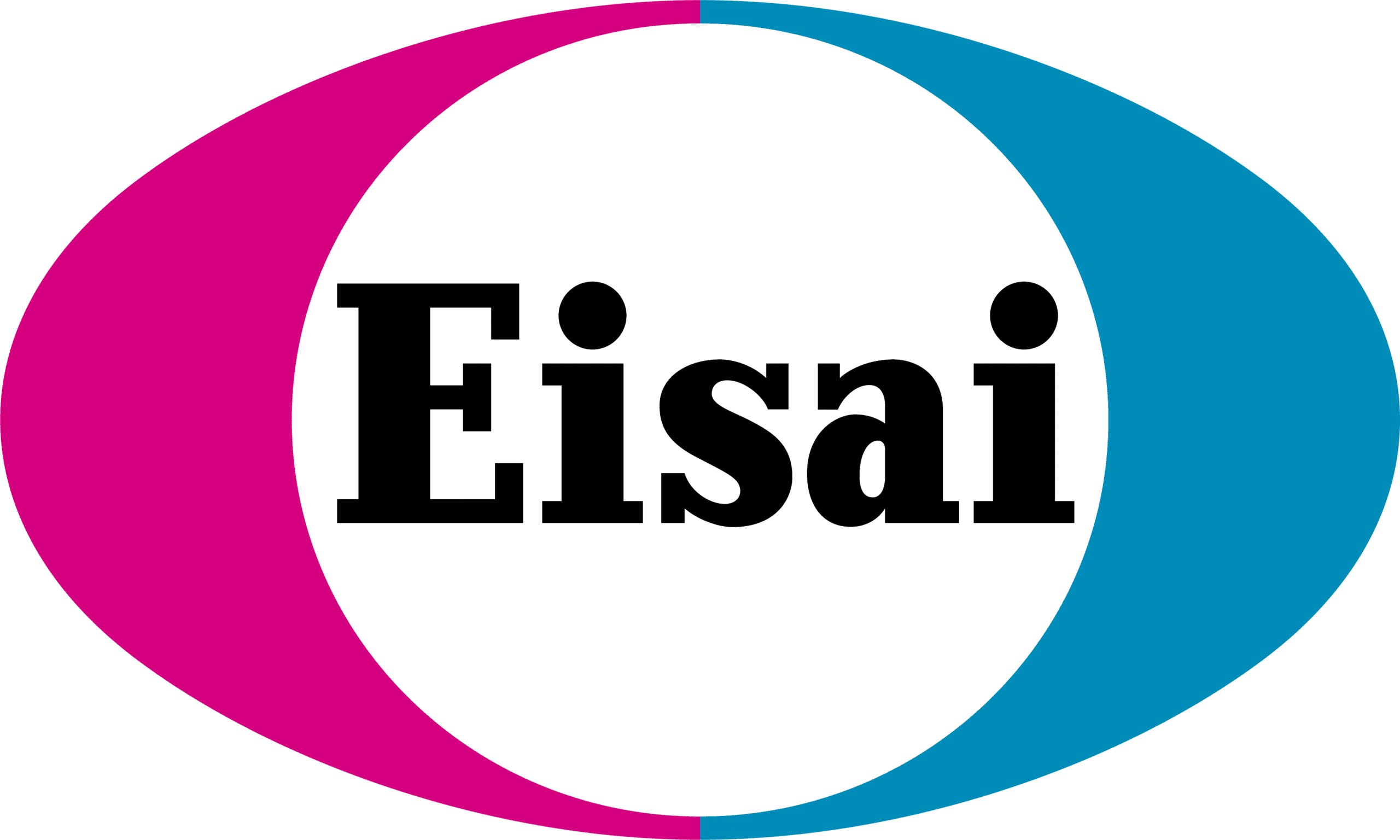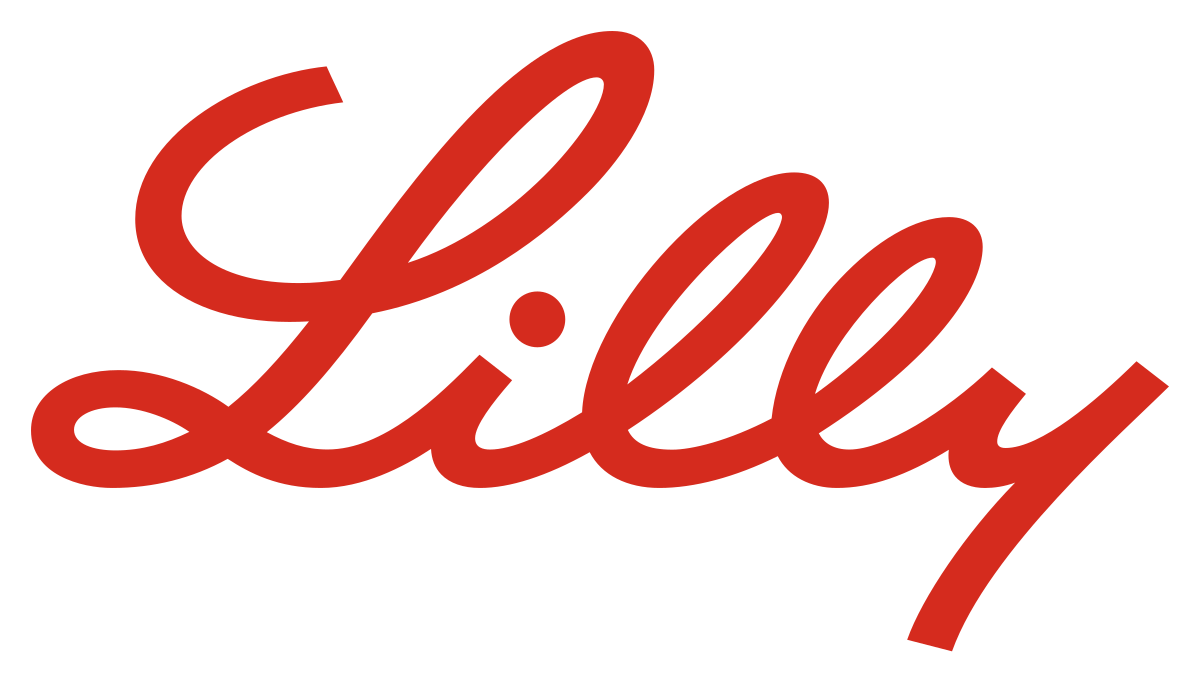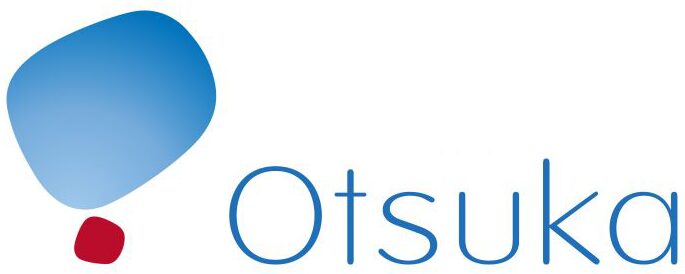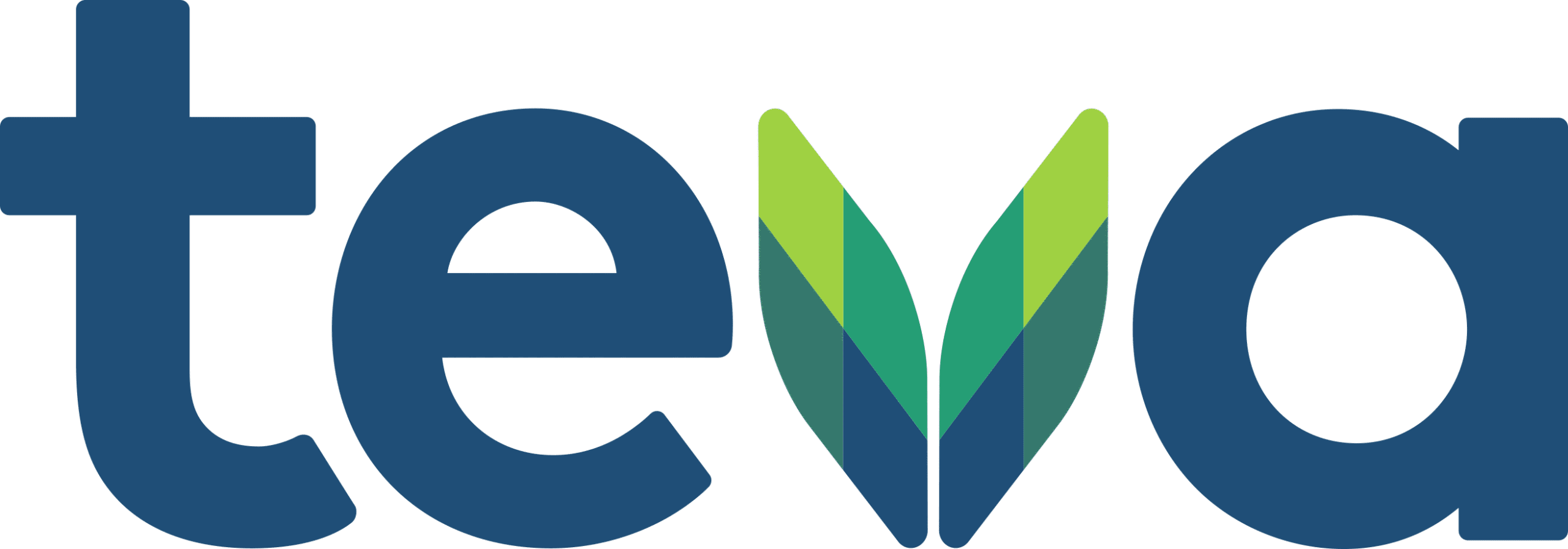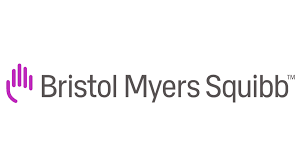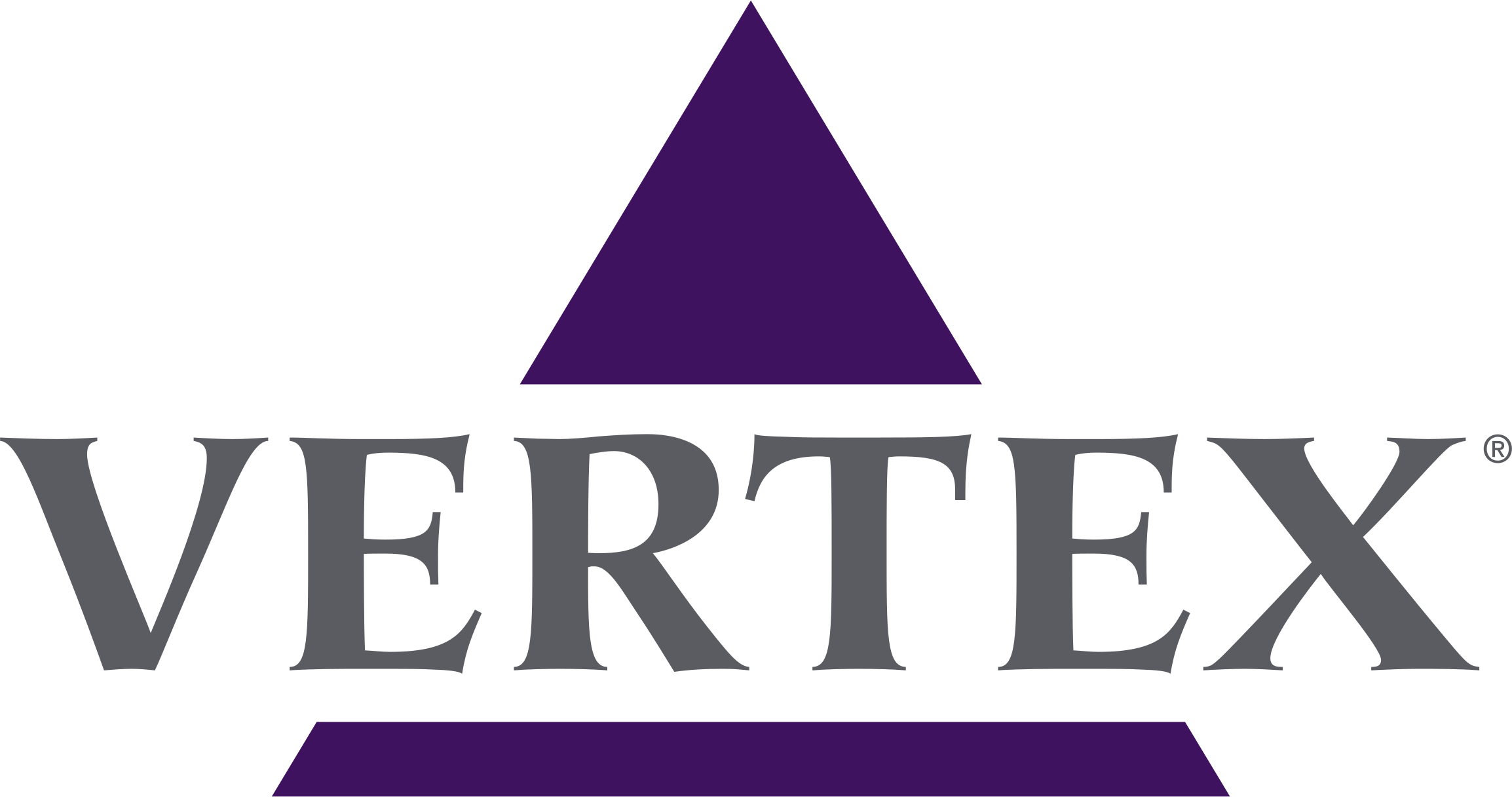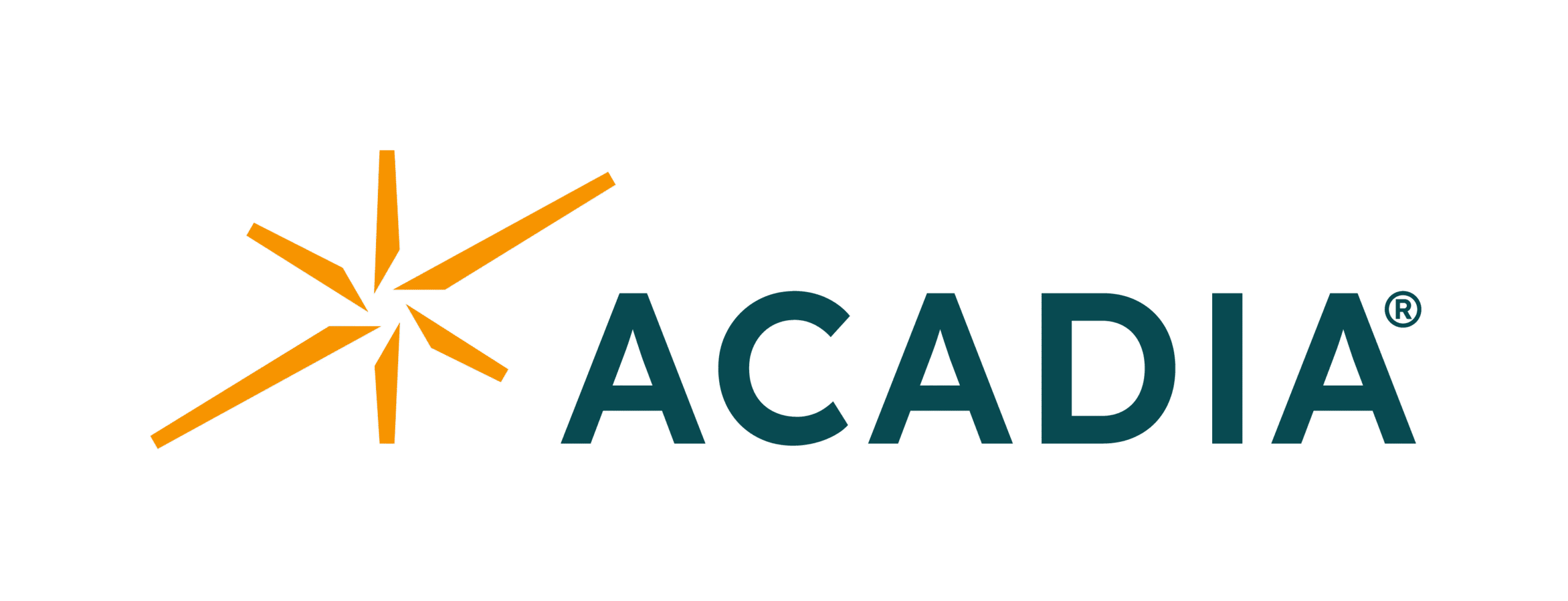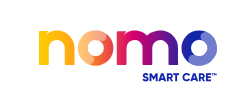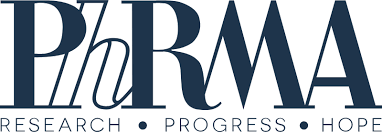
Caregiving doesn’t pause after November — and neither does the importance of staying connected to the right support. Plug-in to Care helps caregivers find trusted information, supportive communities, and practical tools that make each day a little more manageable. Whether you’re caring for a loved one this holiday season or any time of year, connection can make all the difference.
The Caregiver’s Role
Caring for someone with an intellectual or developmental disability (I/DD) involves long-term commitment, advocacy, and adaptation. Caregivers often support educational needs, life skills, medical or behavioral challenges, transition to adulthood, and evolving independence. Because the needs and supports change across the lifespan, caregivers benefit from resources that address planning, inclusion, self-advocacy, and caregiver well-being.
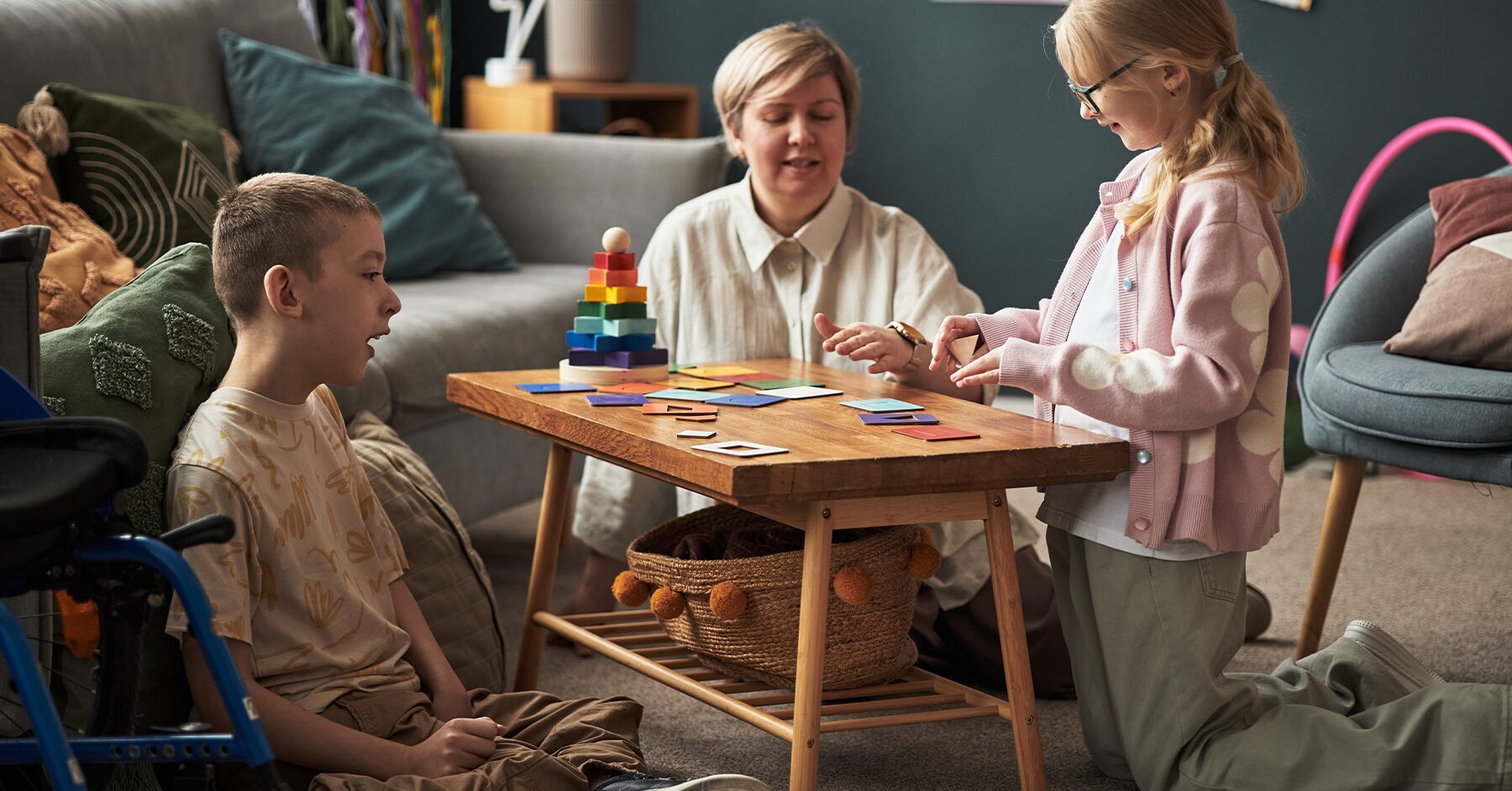
Top 3 Things Caregivers Should Know
Caregiving Resources
Partner Resources
Caregiver Action Network
This resource was developed with support from The Arc and Angelman Syndrome Foundation.

